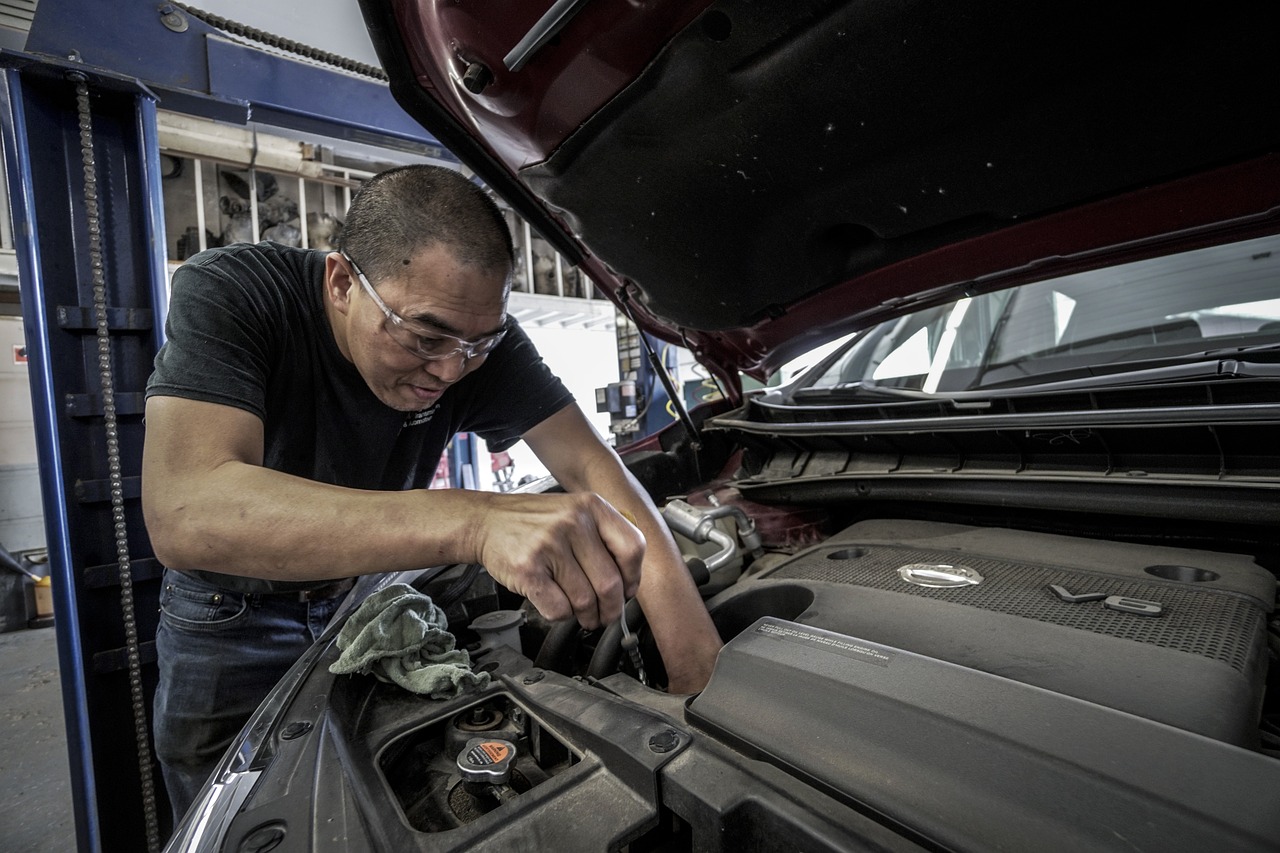The world of automotive technology isn’t what many people think. It goes beyond fixing engines and designing sleek cars. This dynamic industry blends cutting-edge tech with traditional skills, offering surprising career paths.
Misunderstandings often lead to missed opportunities. By looking past these myths, you’ll see an exciting landscape full of potential for those eager to dive into the future of transportation and tech fusion.
So, let’s explore the top five misconceptions about careers in automotive technology.
1. Software Development Isn’t Crucial in Automotive Technology Careers
Contrary to popular belief, software development now stands at the forefront of automotive innovation. Cars today function as rolling computers, requiring complex software for everything from navigation systems to adaptive cruise control.
As a result, automotive companies increasingly seek skilled software developers. Think about wireless updates: they enhance vehicle systems remotely without needing a mechanic visit.
This dynamic environment attracts programmers who relish solving unique challenges involving machine learning and cybersecurity. Thus, expertise in programming languages like Python or C++ becomes vital in developing the digital backbone of modern vehicles and driving future mobility solutions forward.
2. A Career in Automotive Tech Focuses Solely on Electric Vehicles
Many believe careers in automotive technology now mostly revolve exclusively around electric vehicles (EVs), perhaps due to the buzz and media focus surrounding EV development.
However, this field extends well beyond just electrification. Professionals engage with a diverse range of technologies that also improve traditional internal combustion engines, such as advancements in fuel efficiency and emissions reduction.
For example, hybrid systems combine conventional engines with electric propulsion, requiring expertise across multiple domains. Therefore, if you decide to enroll in a degree in automotive technology, you’ll surely want to explore programs that include learning about hybrid electric drive technology to prepare you for the future of this sector.
Ultimately, autonomous driving technologies present opportunities for engineers and software developers alike. The industry is vast, integrating sustainable practices into all vehicle types while pushing forward innovations like hydrogen fuel cells or biofuels alongside EV progressions.
3. Cybersecurity Plays a Minor Role in the Auto Industry
Many people think cybersecurity isn’t critical to automotive tech. However, as vehicles become increasingly connected and autonomous, they present new vulnerabilities.
Consider smart features like internet-enabled infotainment systems or vehicle-to-vehicle communication networks; these open doors for potential cyber threats. Hackers could exploit software flaws to access sensitive data or even control vehicle functions remotely.
The auto industry now prioritizes securing digital infrastructure, much like financial institutions protect online banking systems.
Cybersecurity specialists work diligently on encryption methods and intrusion detection technologies to safeguard these modern machines from attacks, making their role crucial in this evolving landscape of digital mobility.
4. Career Progression in Auto Tech Follows a Linear Pathway
People often assume that career paths in automotive technology are straightforward, starting from technical roles and moving up to managerial positions. This stems from traditional views of manufacturing industries where progression appeared rigid. However, the modern auto sector is dynamic and offers diverse pathways.
Today’s automotive professionals might start in design or engineering but then pivot into software development or data analysis as their interests evolve. For instance, an engineer working on vehicle dynamics could transition into developing AI for autonomous systems.
Cross-disciplinary opportunities abound with emerging technologies like smart infrastructure integration. Such flexibility empowers individuals to explore various facets within the industry rather than adhering to a fixed career trajectory.
5. Autonomous Vehicles Will Eradicate Jobs in the Industry Soon
Some fear that self-driving cars will quickly eliminate traditional jobs in the industry, largely due to headlines predicting a rapid rise in autonomous technology. Yet, the timeline for fully driverless vehicles becoming mainstream remains uncertain.
While automation advances, numerous challenges persist: legal frameworks need development and technological hurdles must be addressed.
Moreover, many roles evolve rather than vanish outright. For instance, drivers might transition into fleet management or vehicle maintenance roles that support automated systems.
Additionally, public acceptance and infrastructure updates are crucial before widespread adoption occurs. Thus, while change is inevitable in the automotive landscape, immediate job displacement isn’t on the horizon as these shifts unfold gradually over time.
The Bottom Line
As automotive technology continues to evolve, it’s clear that many preconceived notions about the industry miss the mark. The blend of digital innovation and traditional skills opens doors to varied careers beyond mere mechanics.
By dispelling these myths, we can better appreciate the vast opportunities for growth and exploration in this transformative field that’s reshaping the future of automotive technology.

